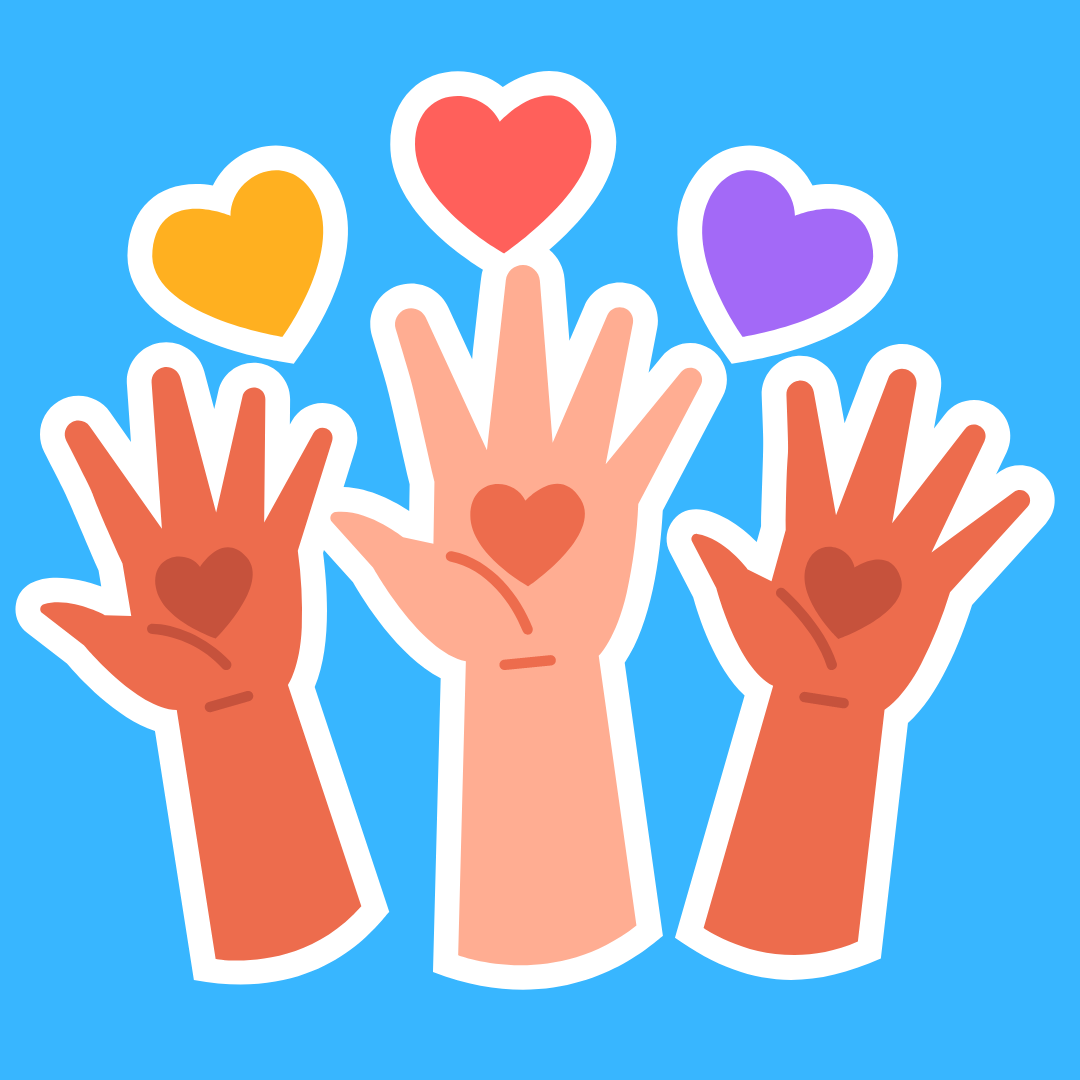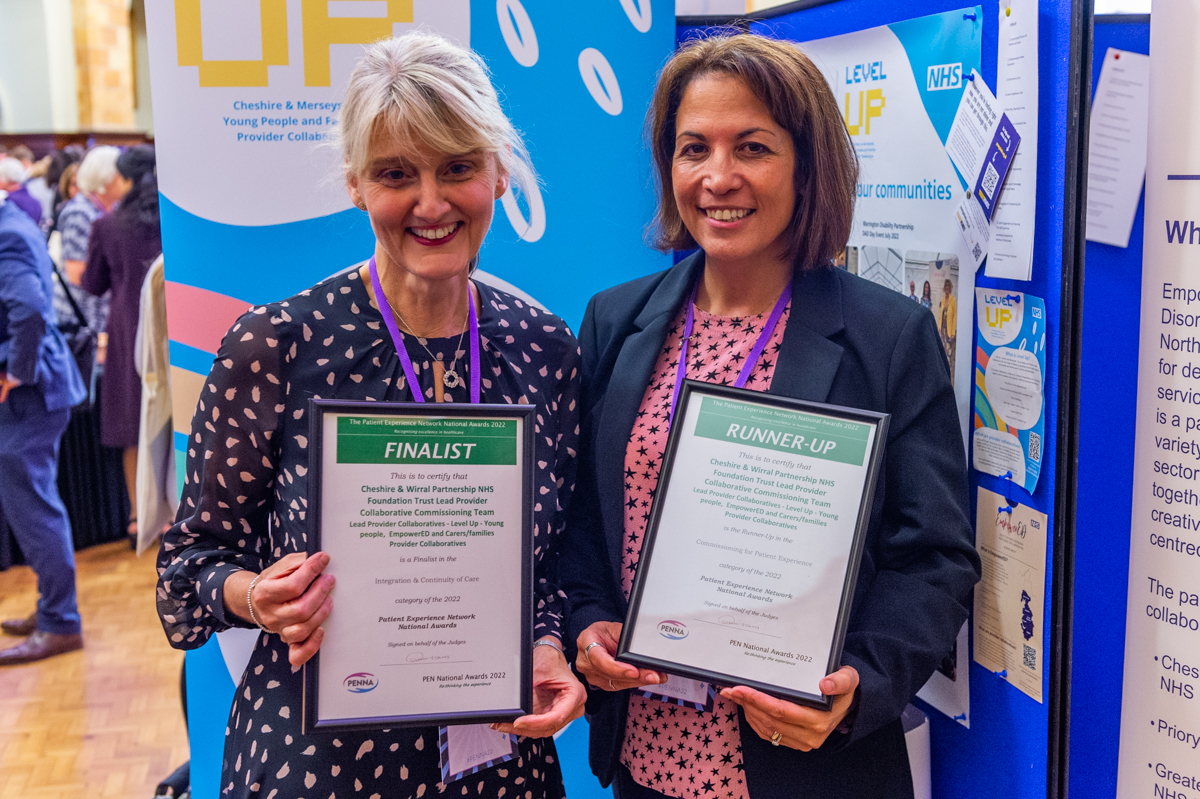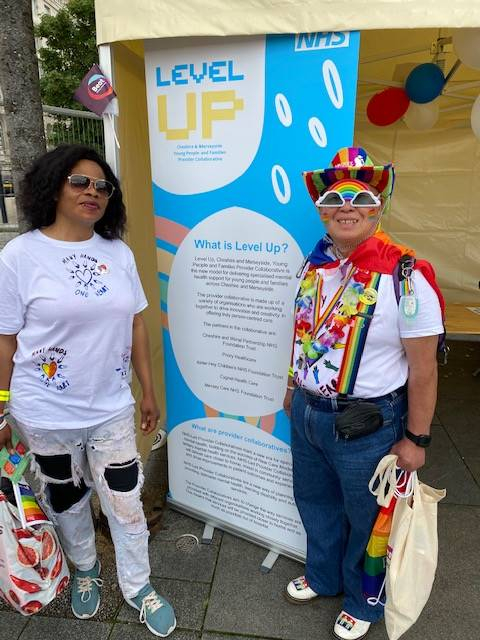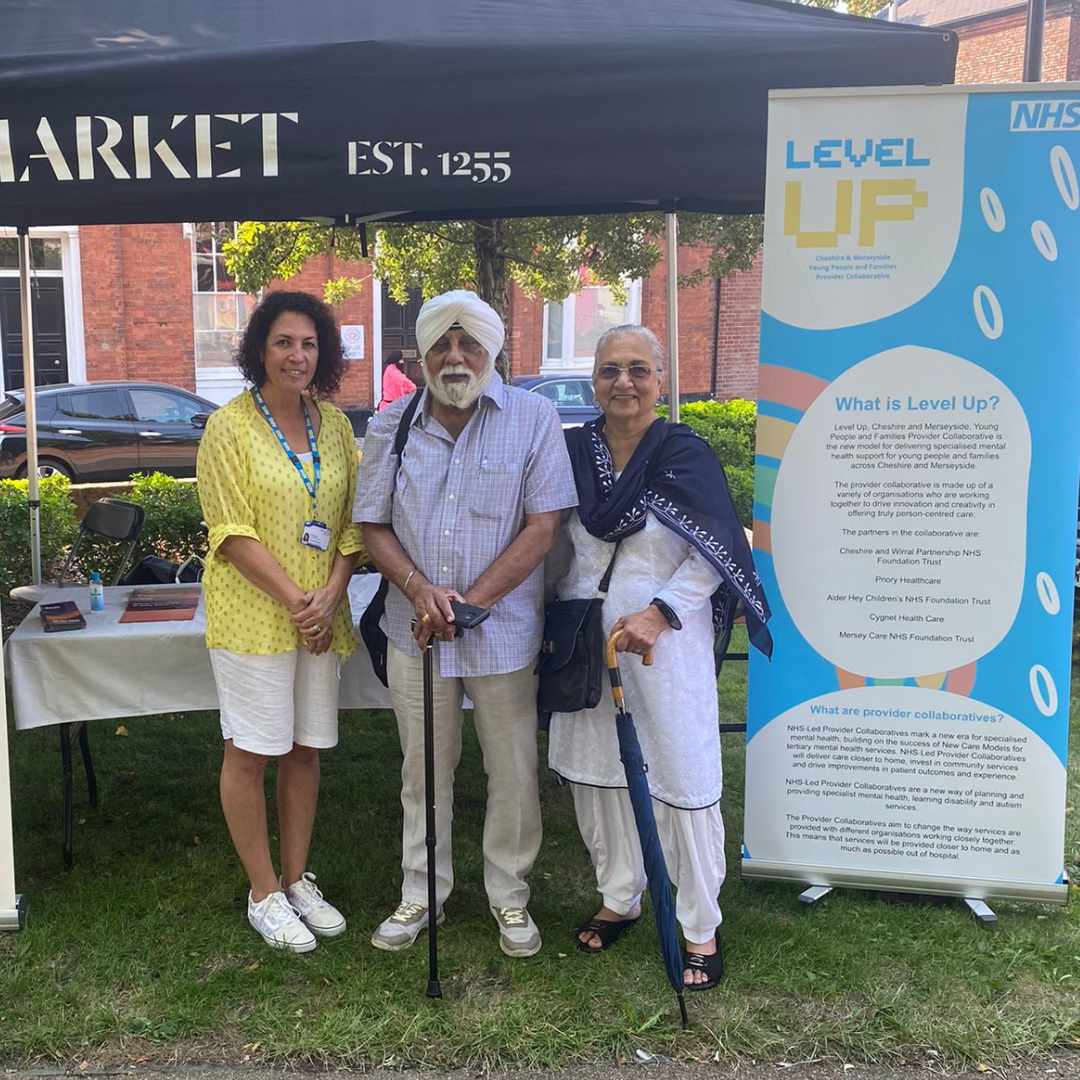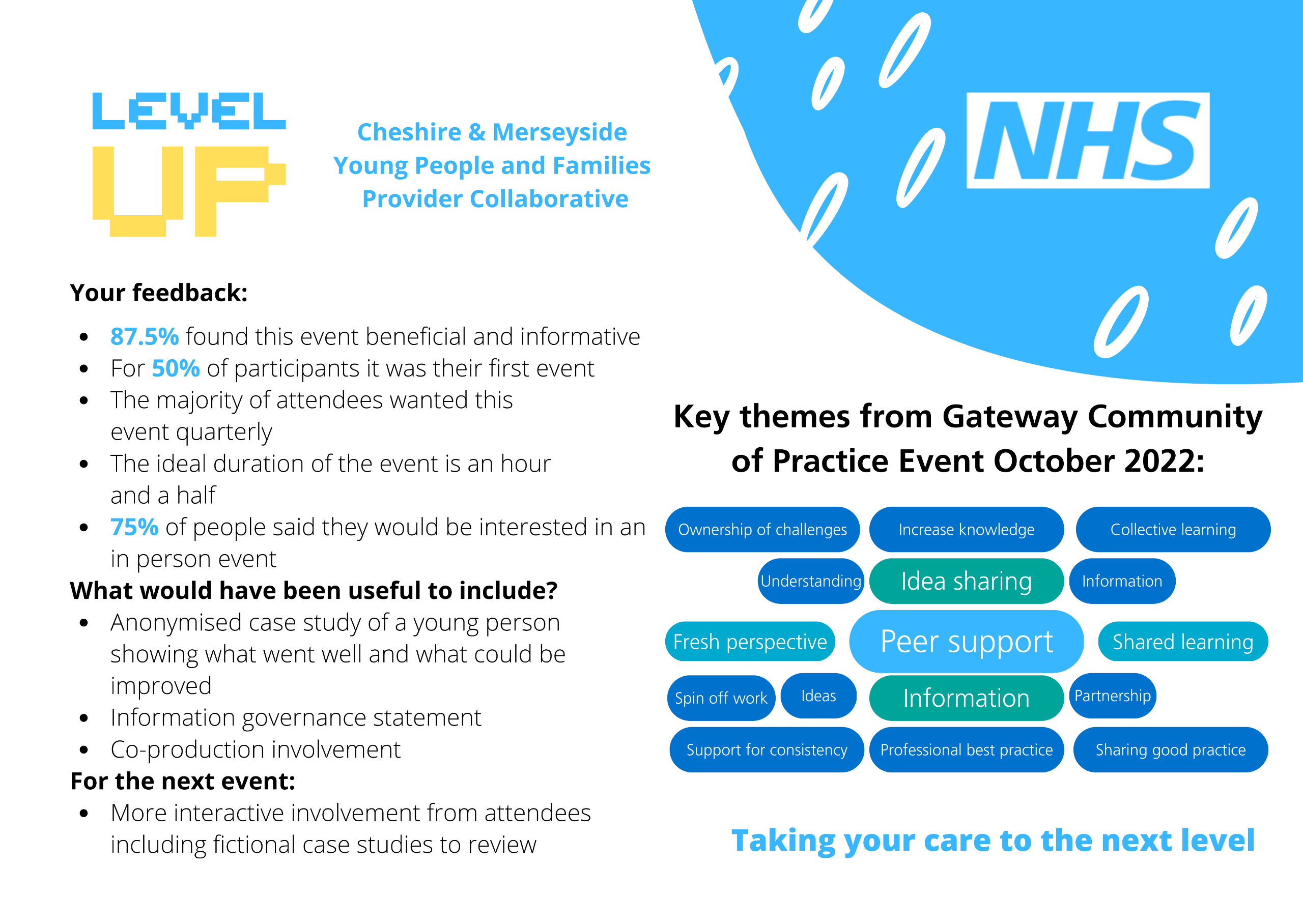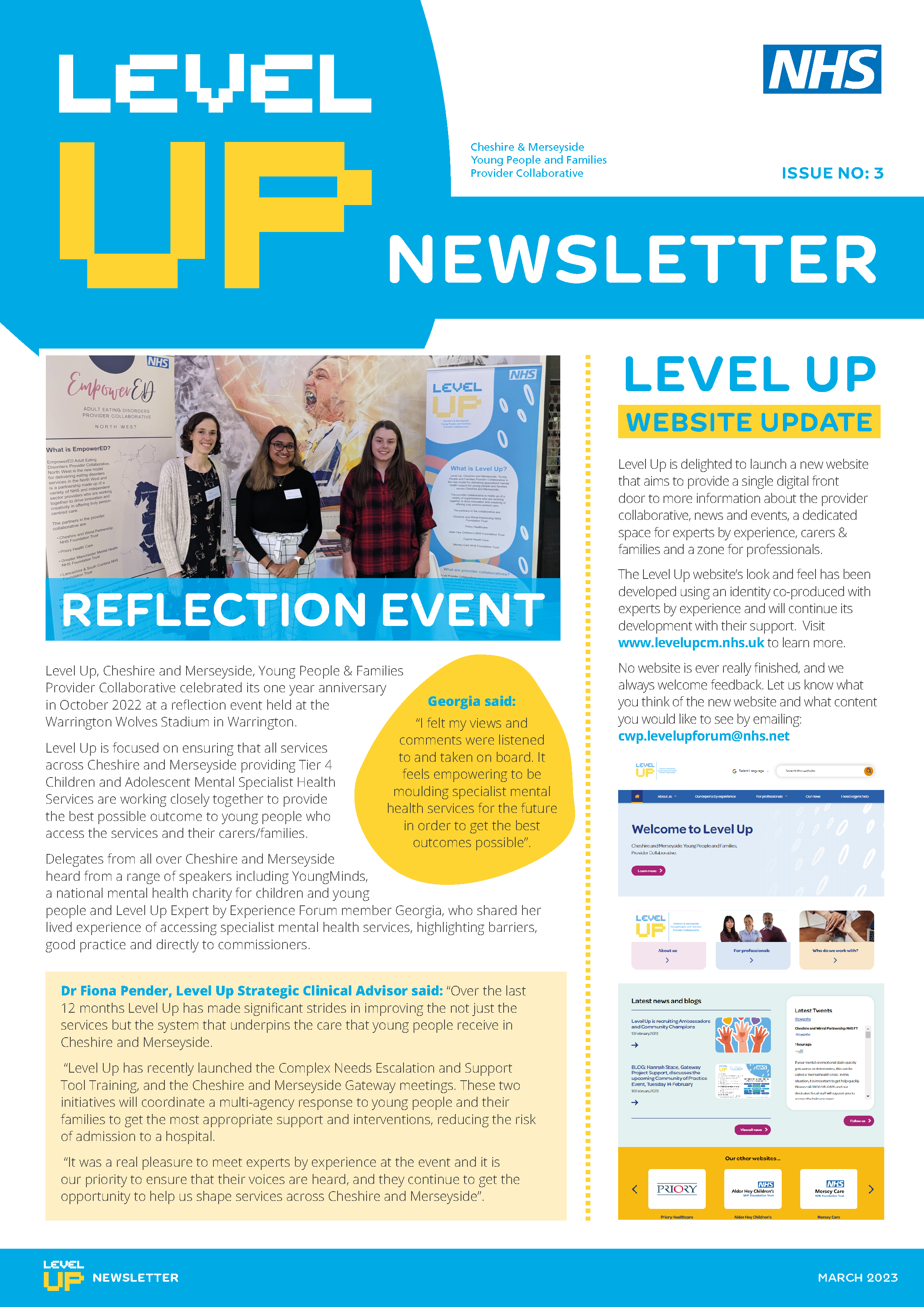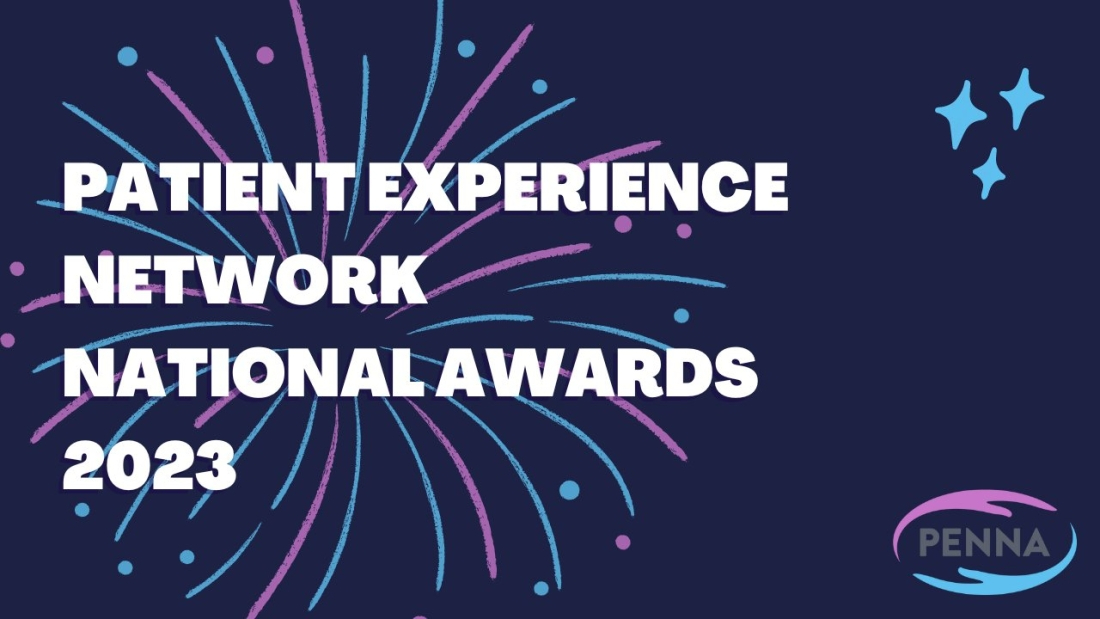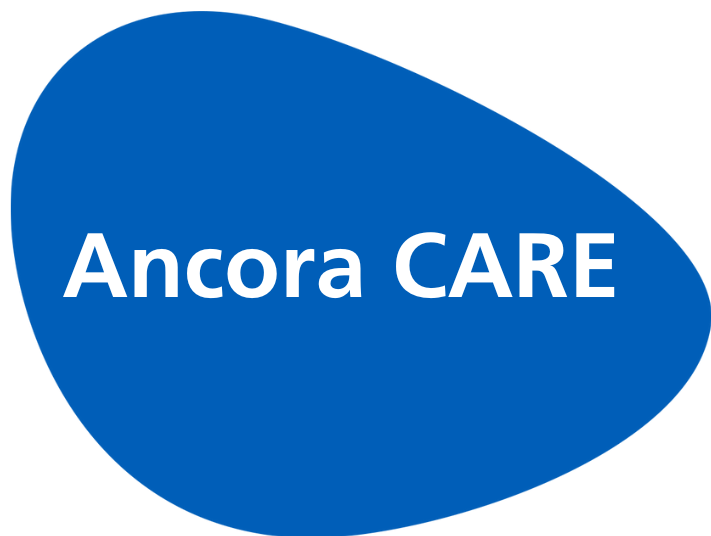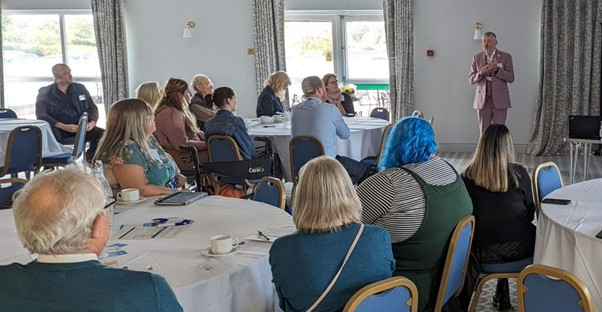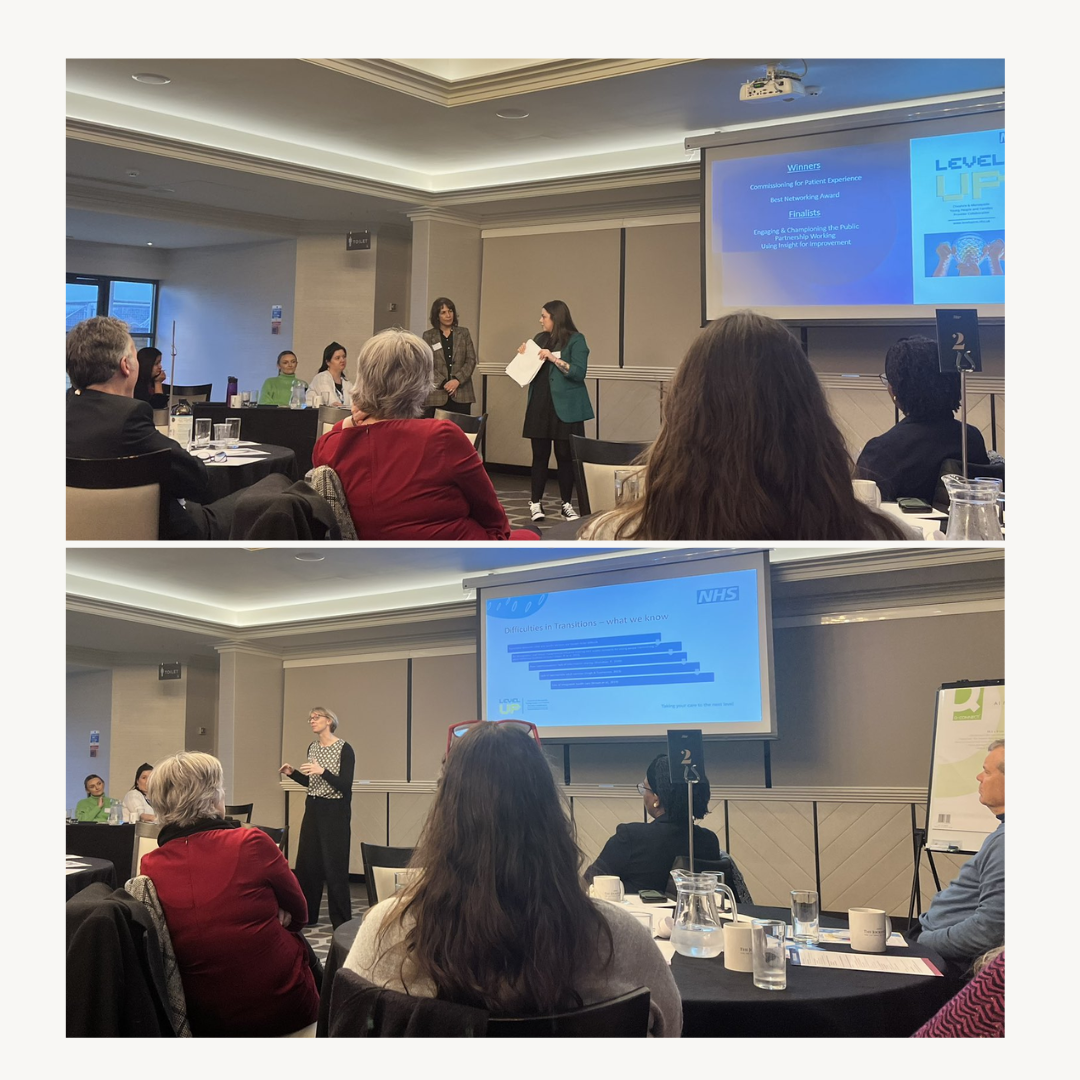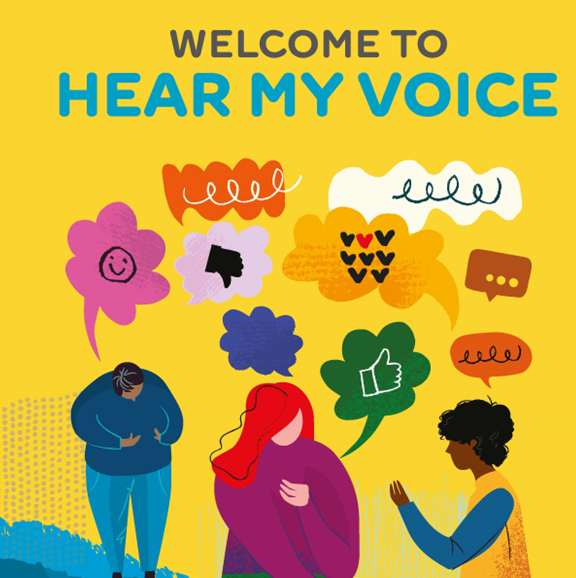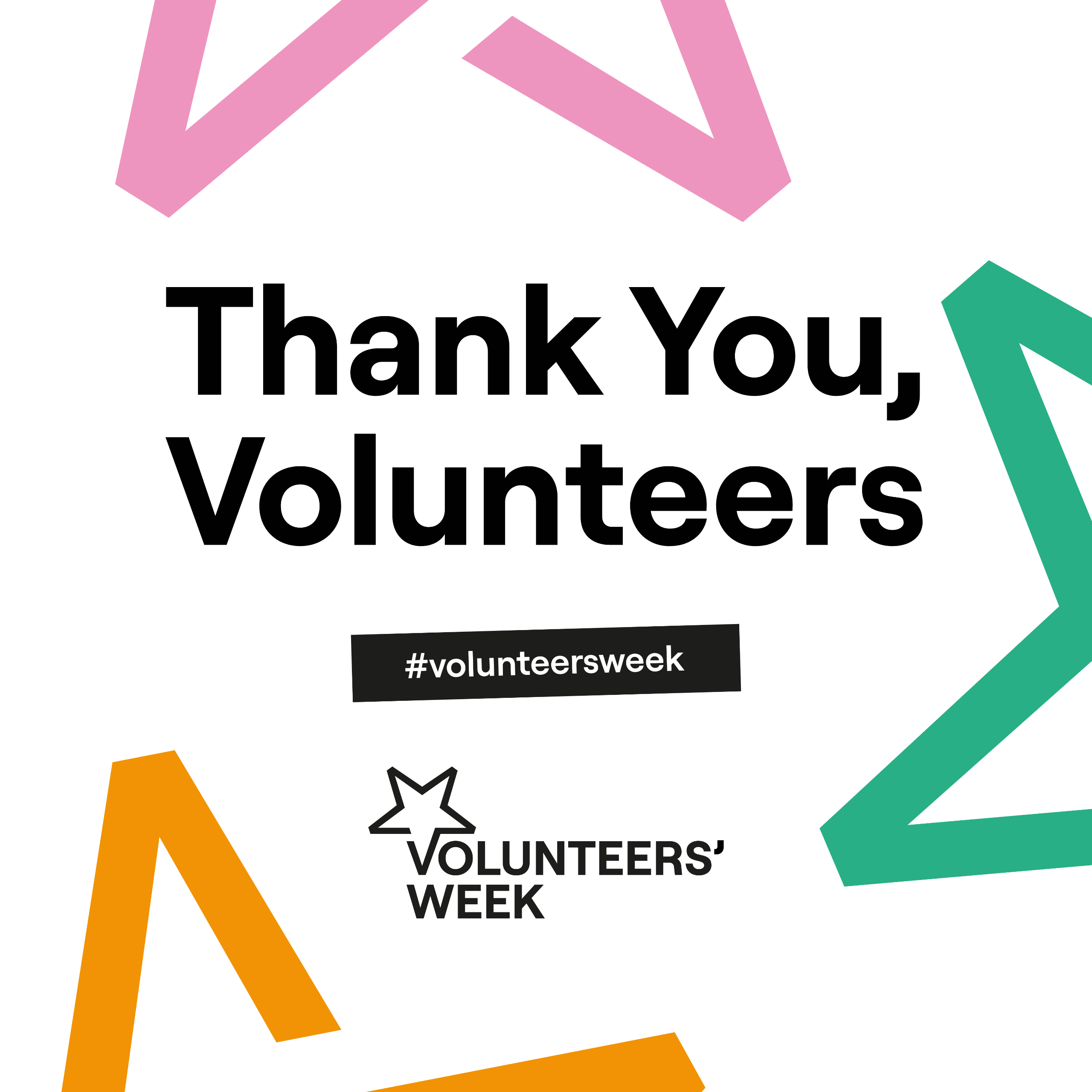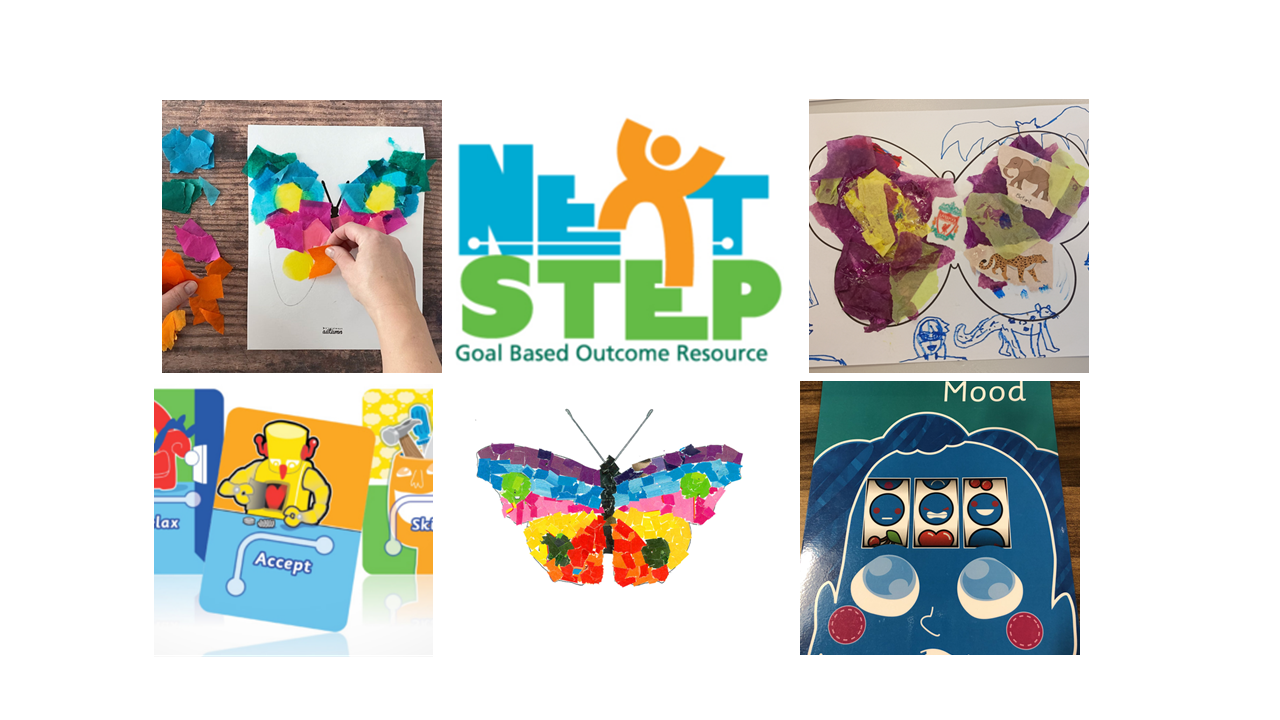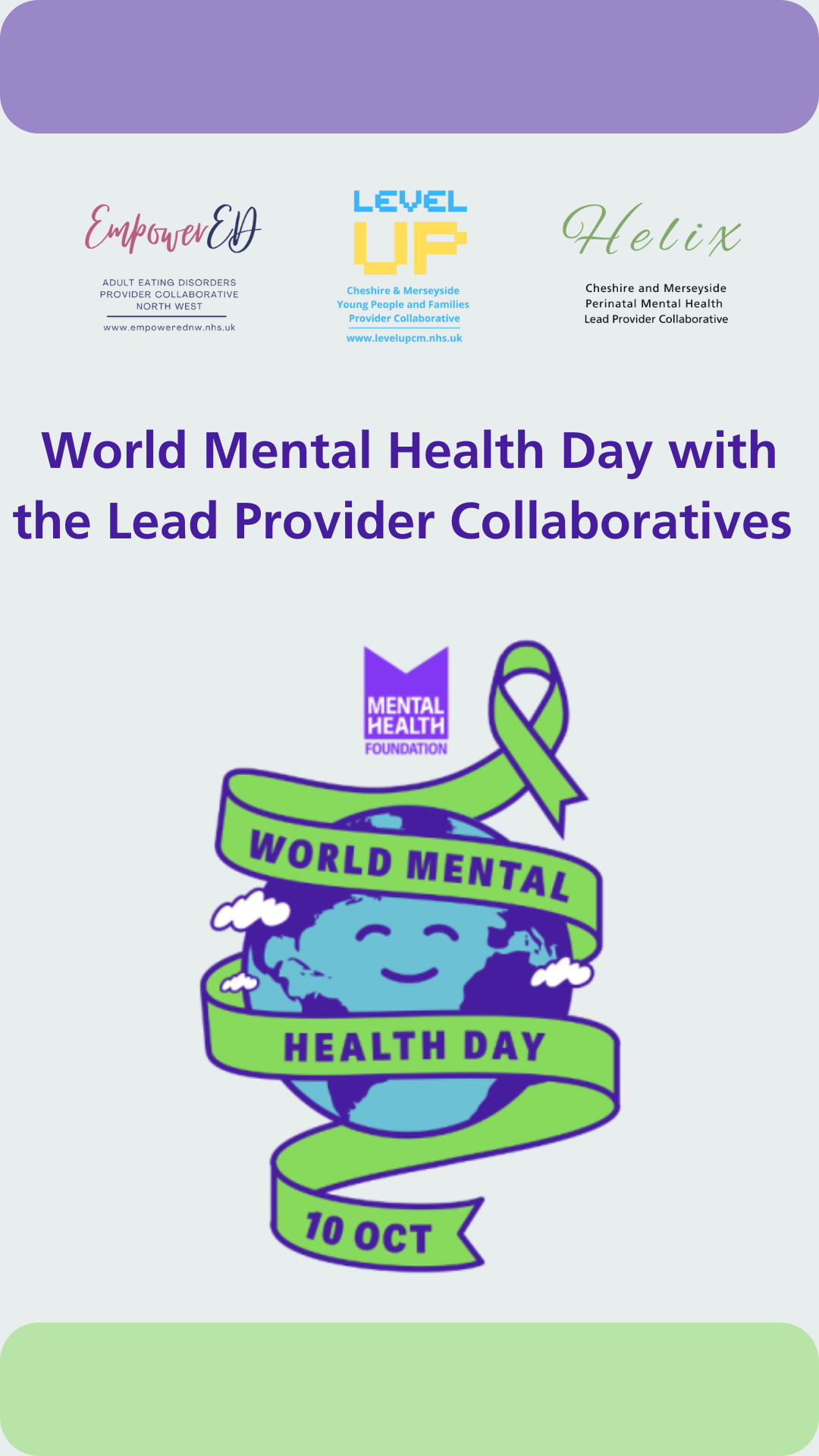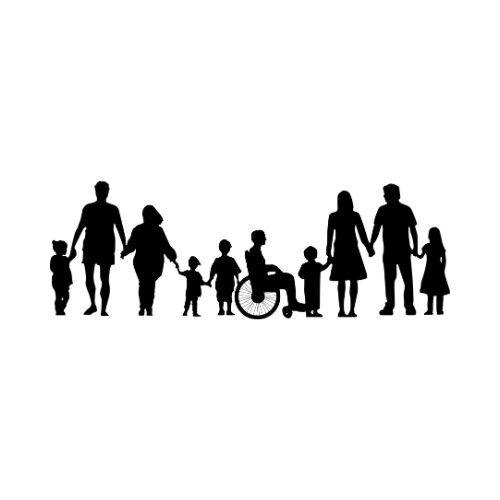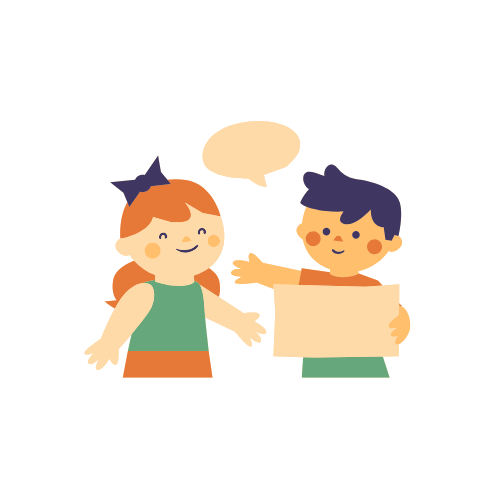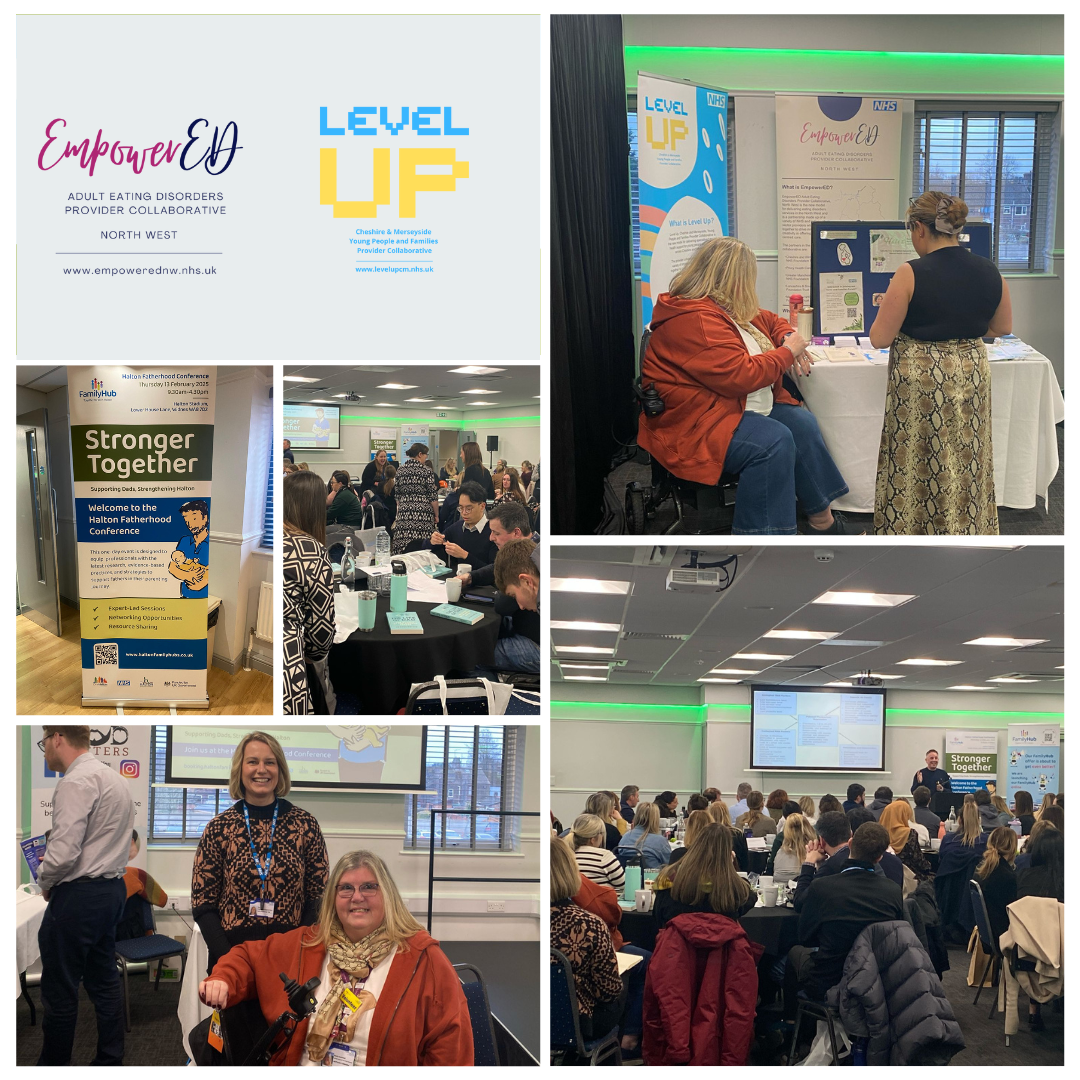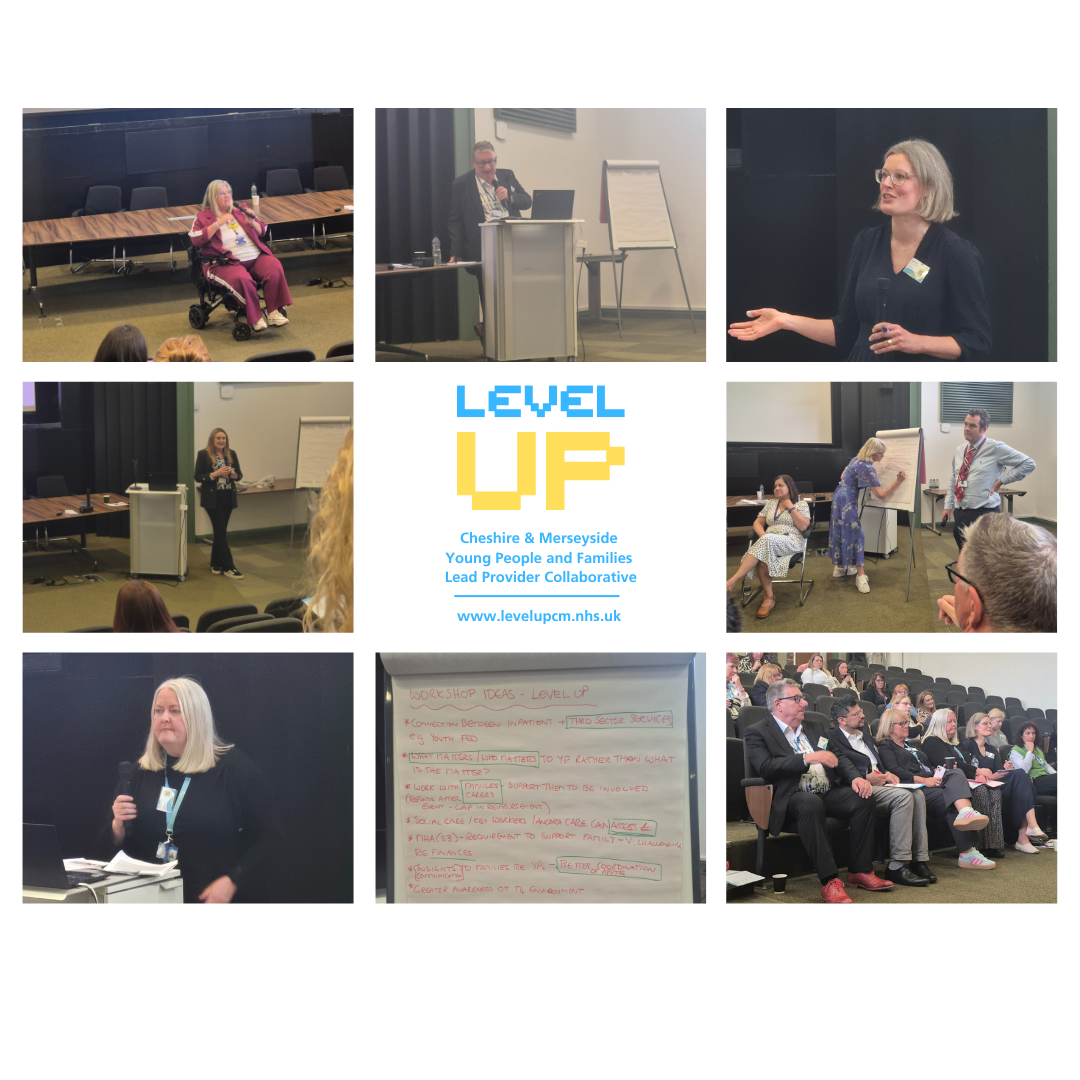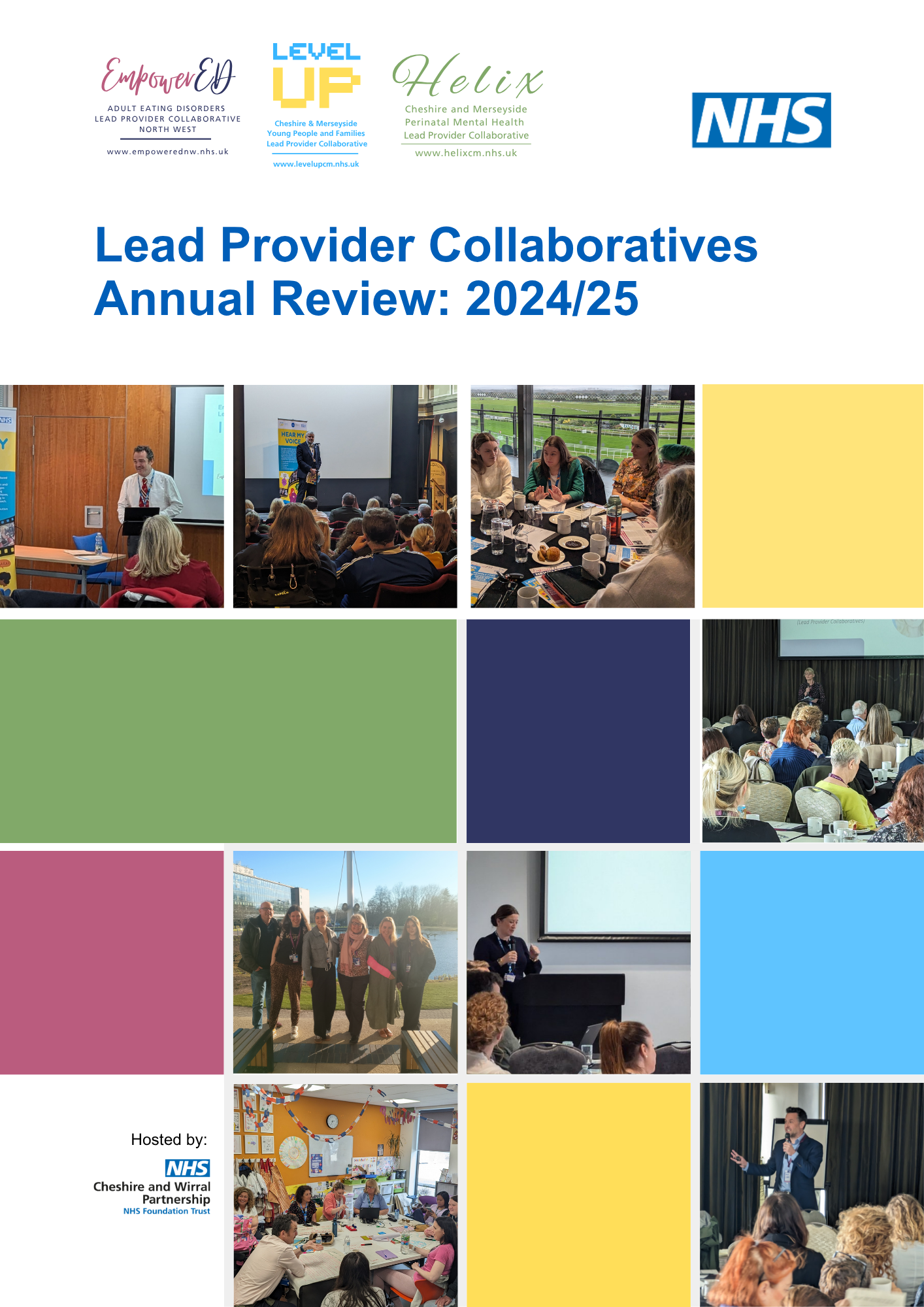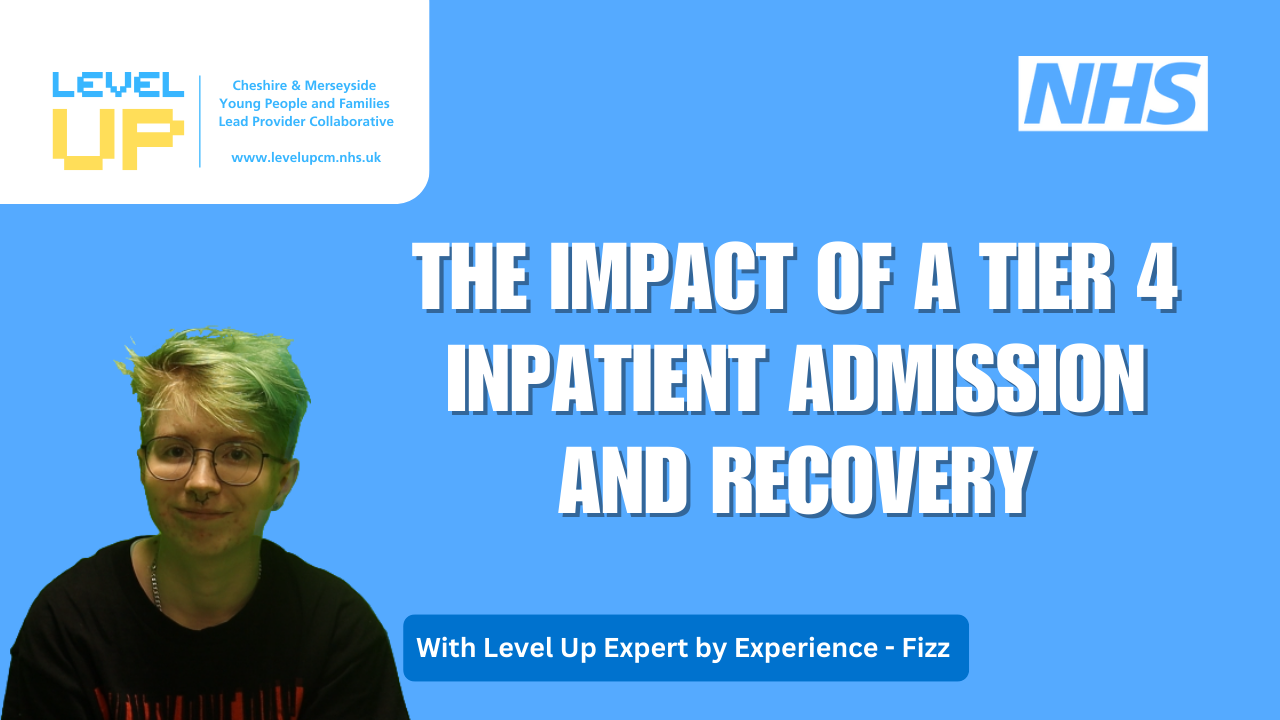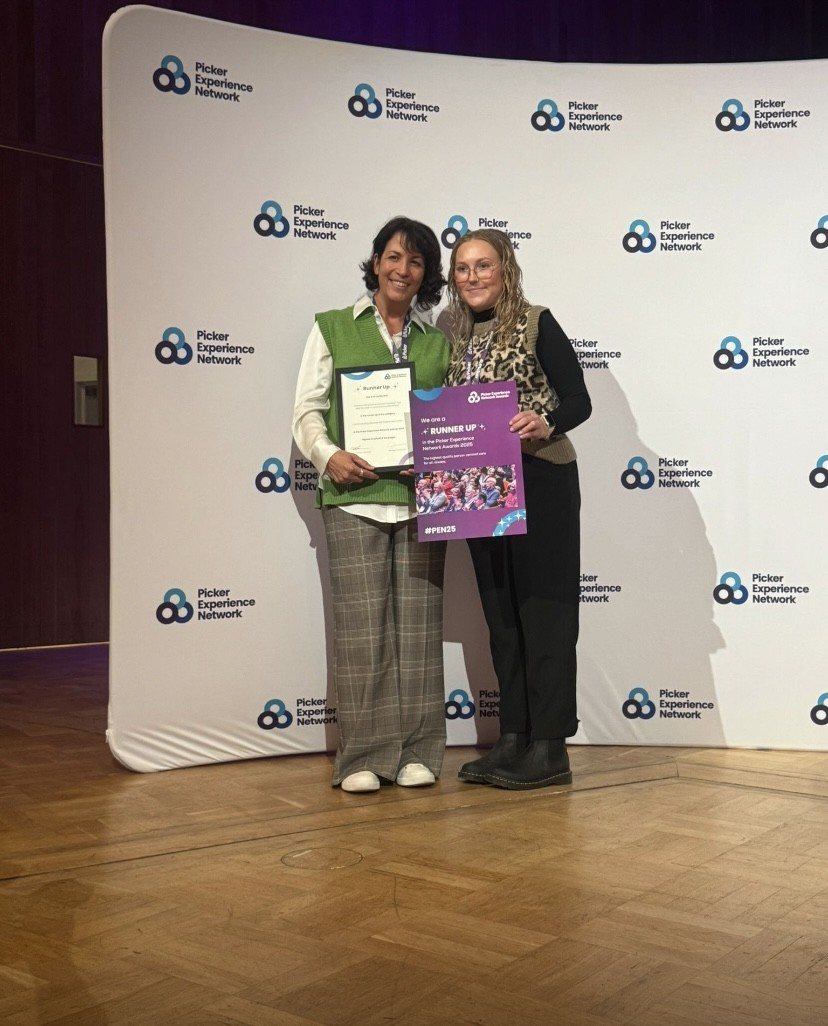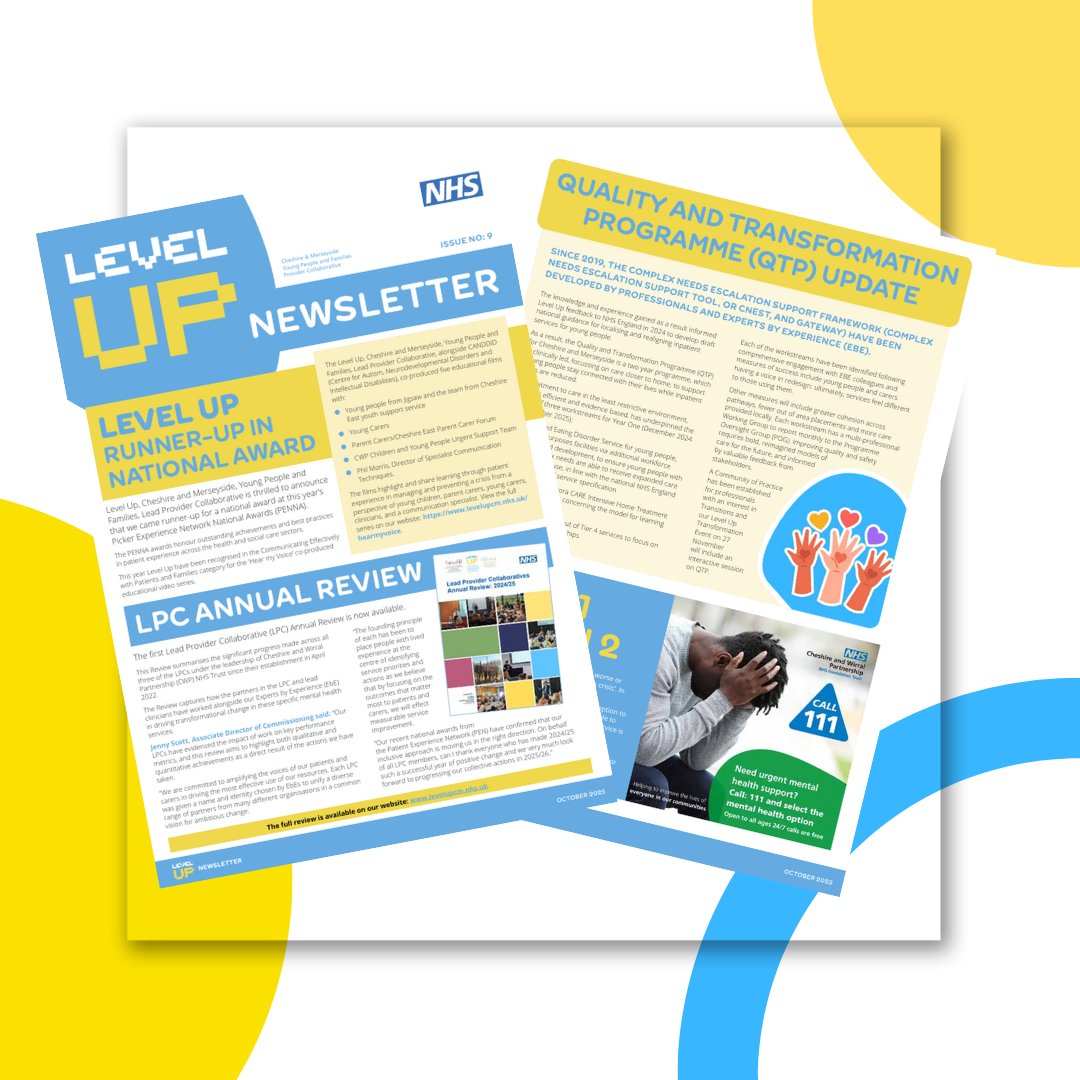As we celebrate Children's Rights Month, it's crucial to recognise that mental health rights are just as important as education, safety, and play.
Mental health shapes how children learn, grow, and form relationships, yet it often receives less attention.

-
What to say and not to say: Helping young people feel understood by avoiding language that might make them feel judged or dismissed.
-
Myth-busting: Breaking down misconceptions about mental health conditions and promoting a more informed, compassionate approach.
-
Providing helpful information: Offering clear, accessible explanations of diagnoses and available treatments to empower young people with knowledge.
-
Effective communication with mental health services: Understanding how young people prefer to be communicated with by specialist mental health providers, ensuring care is respectful and youth-friendly.
-
Supporting carers and families: Offering guidance to those caring for young people, alongside education about comorbidities, which are often misunderstood.
Children’s rights, including the right to mental health care, are essential to their overall well-being.
You have rights to make sure you feel safe, cared for, and supported. Adults must make sure they are met.
-
Right to health (Article 24 of the UNCRC): "You have the right to be healthy, and that includes your mental health. It's not just about going to the doctor when you're sick—it's also about feeling mentally well
-
Right to be heard (Article 12): "If you're struggling, you have the right to tell someone how you feel, and your opinion matters. Adults should listen to you and take what you're feeling seriously."
-
Right to information (Article 17): "You have the right to know how to take care of your mental health and where to go if you need help."


